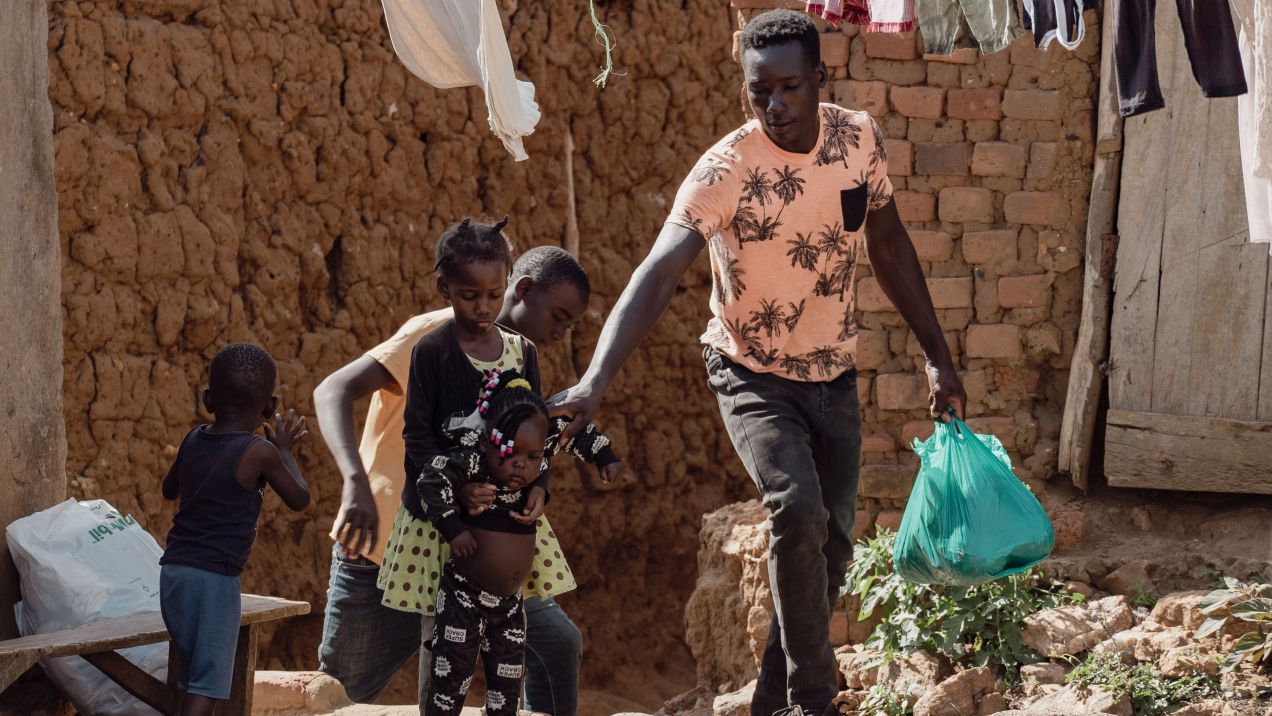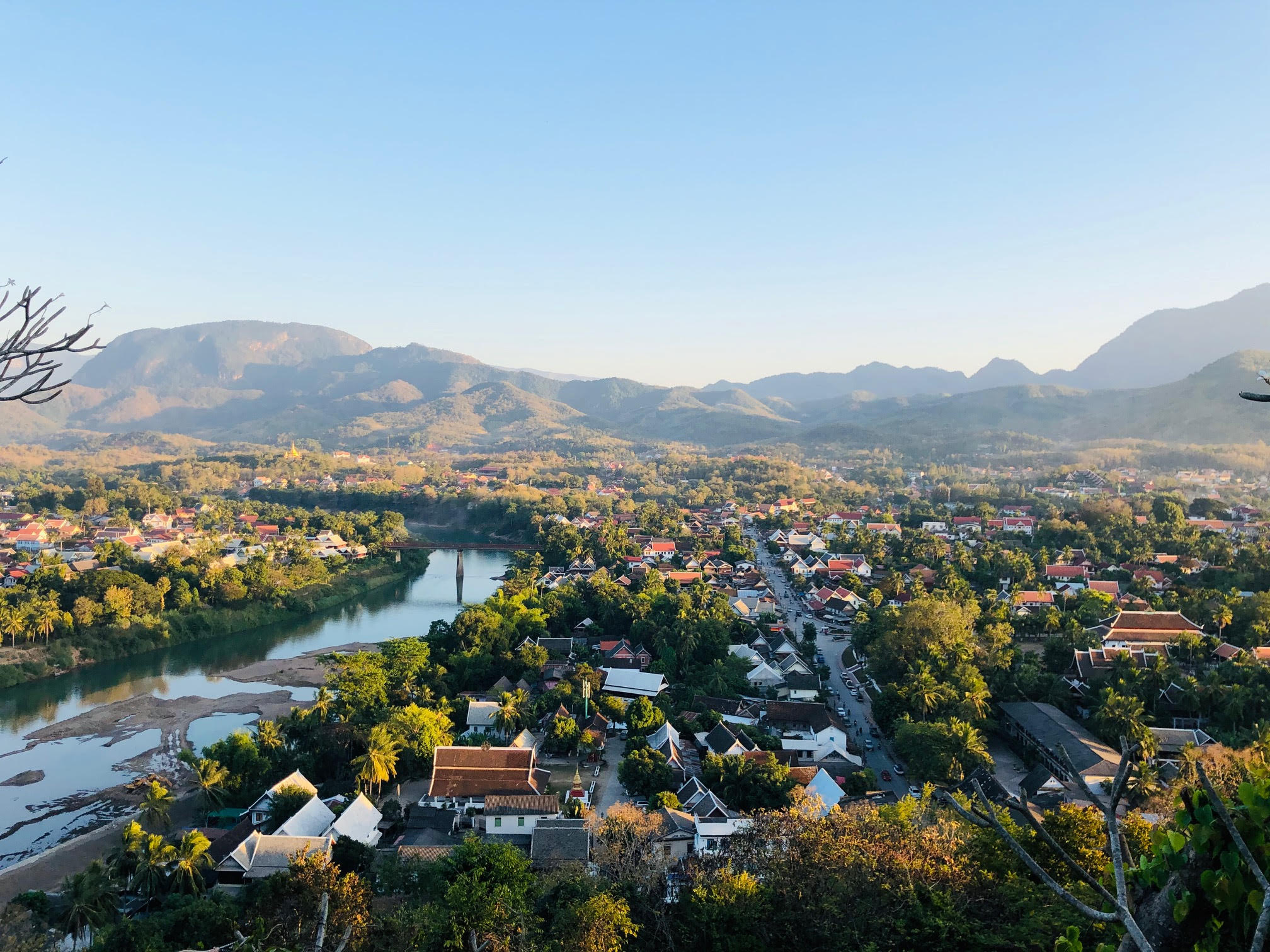Cities Alliance is strongly committed to promoting an urban agenda on cities in key global policy processes. Indeed, our first action as a new Partnership was to draw global attention to slum upgrading with our Cities Without Slums plan, whose targets were eventually incorporated into the Millennium Development Goals.
The formulation of the Sustainable Development Goals (SDGs) and the convening of Habitat III in 2016 represent another critical moment for cities. To influence the process as much as possible, the Cities Alliance established a Joint Work Programme in 2013 to create and deliver a common set of priority messages.
The first Cities Alliance Joint Work Programme to focus entirely on advocacy activities, it is a diverse initiative, with national governments (Germany and France), local authorities (United Cities and Local Governments), NGOs (Habitat for Humanity International and Shack/Slum Dwellers International) and UN-Habitat, the convener of Habitat III. Most recently, DFID has also indicated its intention to participate in the Joint Work Programme.
Over the past three months, the Joint Work Programme has been very active. Members have been part of the campaign to support a distinct Sustainable Development Goal (SDG) for cities, which the UN Open Working Group on SDGs included in its recommendations as Goal 11: Make Cities and Human Settlements inclusive, safe, resilient and sustainable in September. Regular meetings and workshops have also been held to keep the advocacy process for Habitat III moving forward. The next meeting will be hosted by the Ministry of Foreign Affairs in Paris on 15 December.
A successful side event at the first Prepcom
One of the recent highlights was a successful policy dialogue hosted by the Cities Alliance partnership during the first session of the Preparatory Committee (Prepcom) for Habitat III in New York City 18 September 2014.
More than 50 participants attended the event, which focused on promoting equity in cities in four main areas: equitable economic growth, responding to informality, promoting good governance and city resilience.
Discussions explored expectations and opportunities for Habitat III to make cities inclusive, safe, resilient and sustainable, and participants clearly highlighted the importance of aligning the SDG process with Habitat III.
Several key messages for the partnership in the lead-up to Habitat III emerged from the policy dialogue, including:
- The importance of partnerships for effective development. Development partnerships at the global, national and local level offer a key vehicle for achieving new solutions, further financing and greater impacts. Habitat III is an opportunity to deepen and broaden partnership approaches as a way to shape and implement the New Urban Agenda.
- Promoting equitable economic growth in cities. Habitat III needs to complement the traditional development focus on service delivery, and aim to strengthen inclusive urban governance and local institutions that strive to improve administrative quality and reliability, and facilitate private and public investment.
- Promoting gender equity. The Cities Alliance partnership is committed to strengthening policies and practices that promote the full and equal participation of women in planning and decision making.
Defining partnerships and promoting SDG 11
Following the side event, the Cities Alliance Secretariat hosted a planning workshop with Joint Work Programme members in Brussels on 8 October 2014, facilitated by the Barcelona-based PR firm CAD.
At the workshop, participants developed a consensus on the importance of jointly promoting SDG 11. They also began defining partners and platforms for the urban agenda over the next two years.
One area that remains a challenge is selecting the key events to target for advocacy in a very crowded 2015, with major global negotiations back-to-back. It will be crucial to identify an efficient division of labour among the members of the Joint Work Programme and to create a common set of key advocacy messages with which the group can be identified.
A second workshop of the JWP is planned for December 2014 to build on the discussions begun 8 October and to continue promoting joint action as Habitat III draws nearer.




